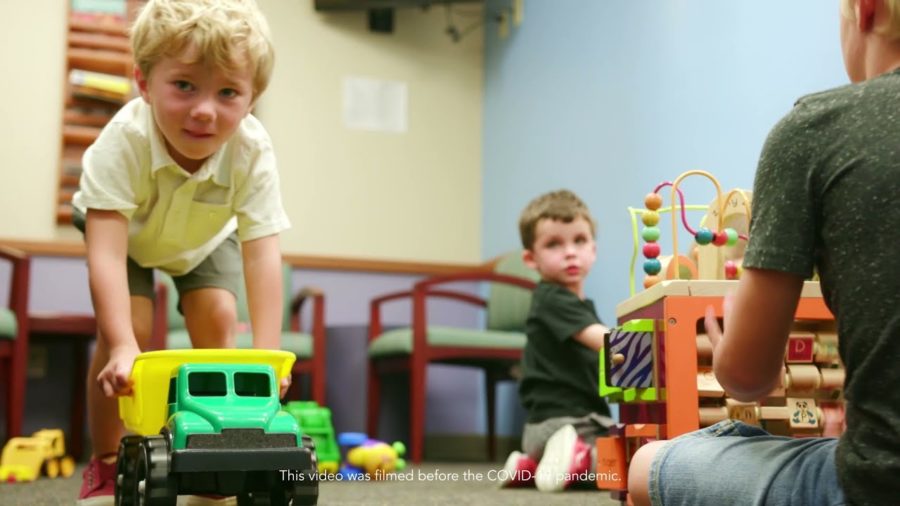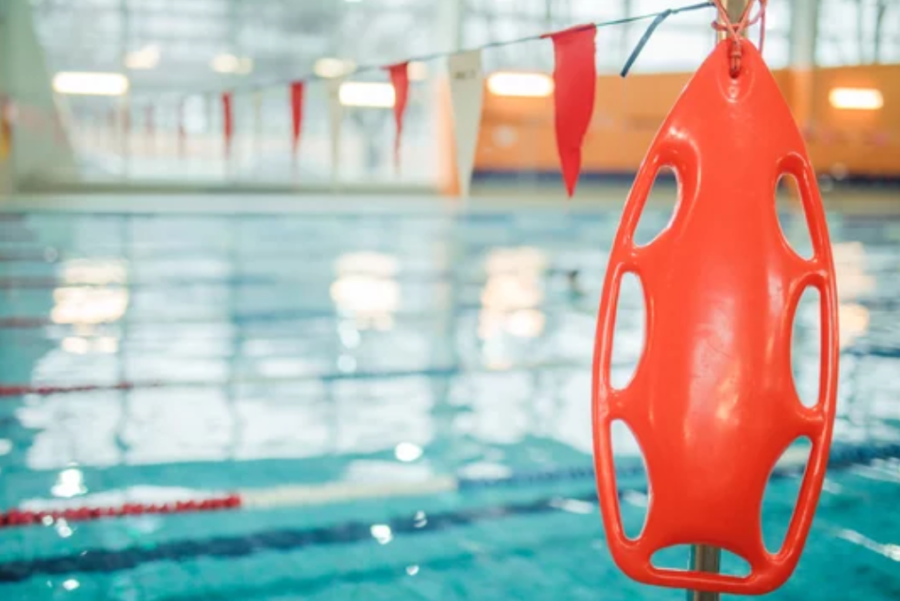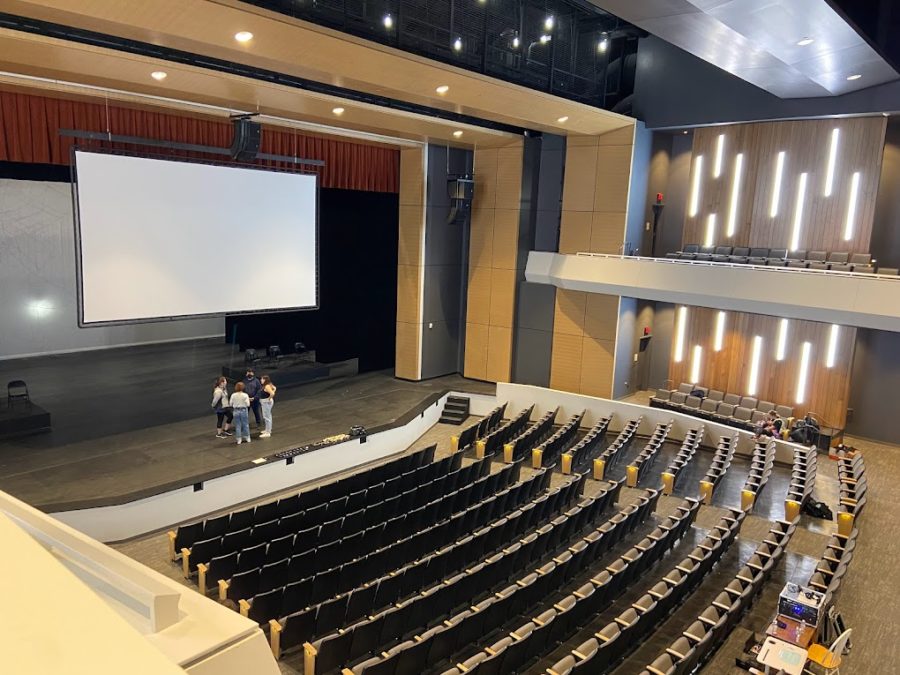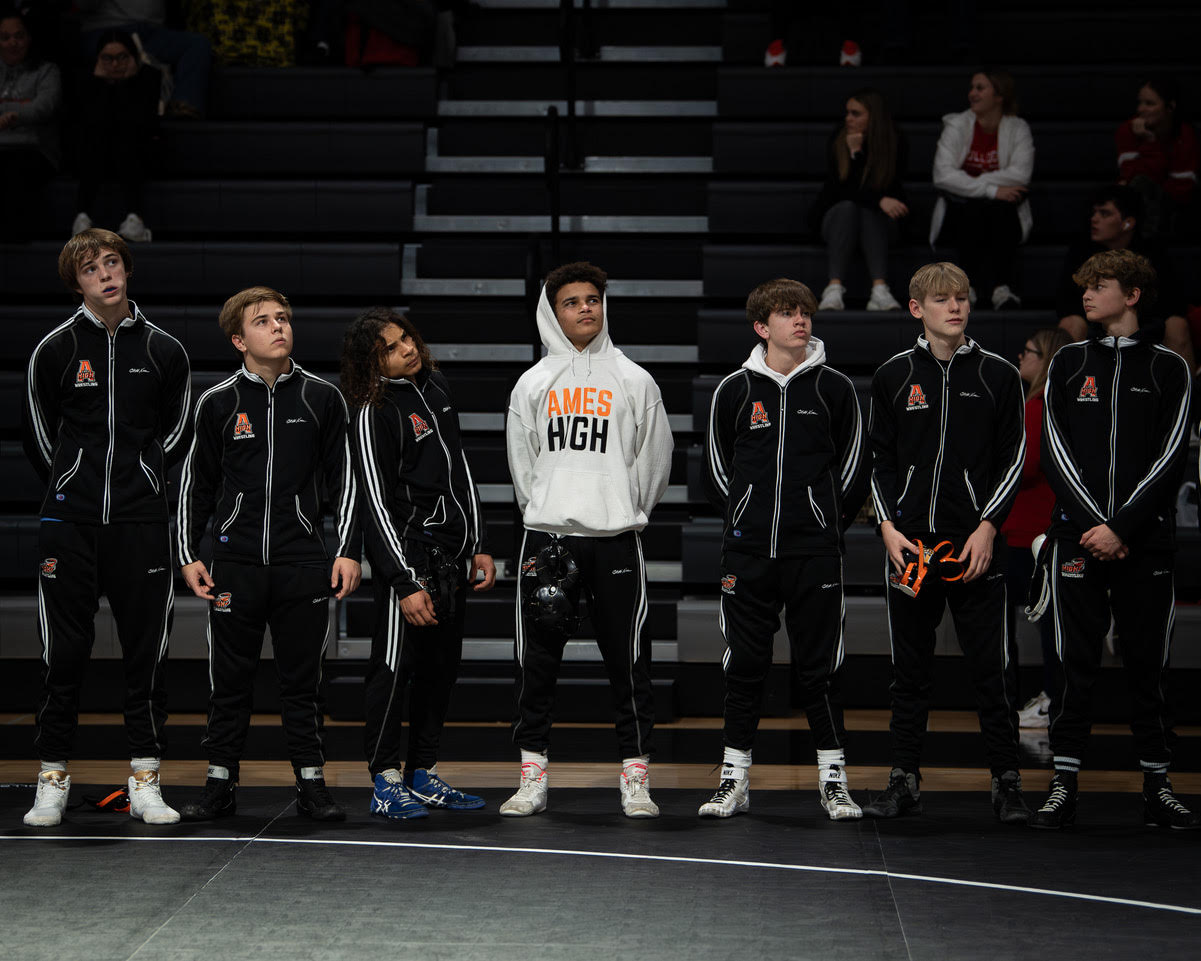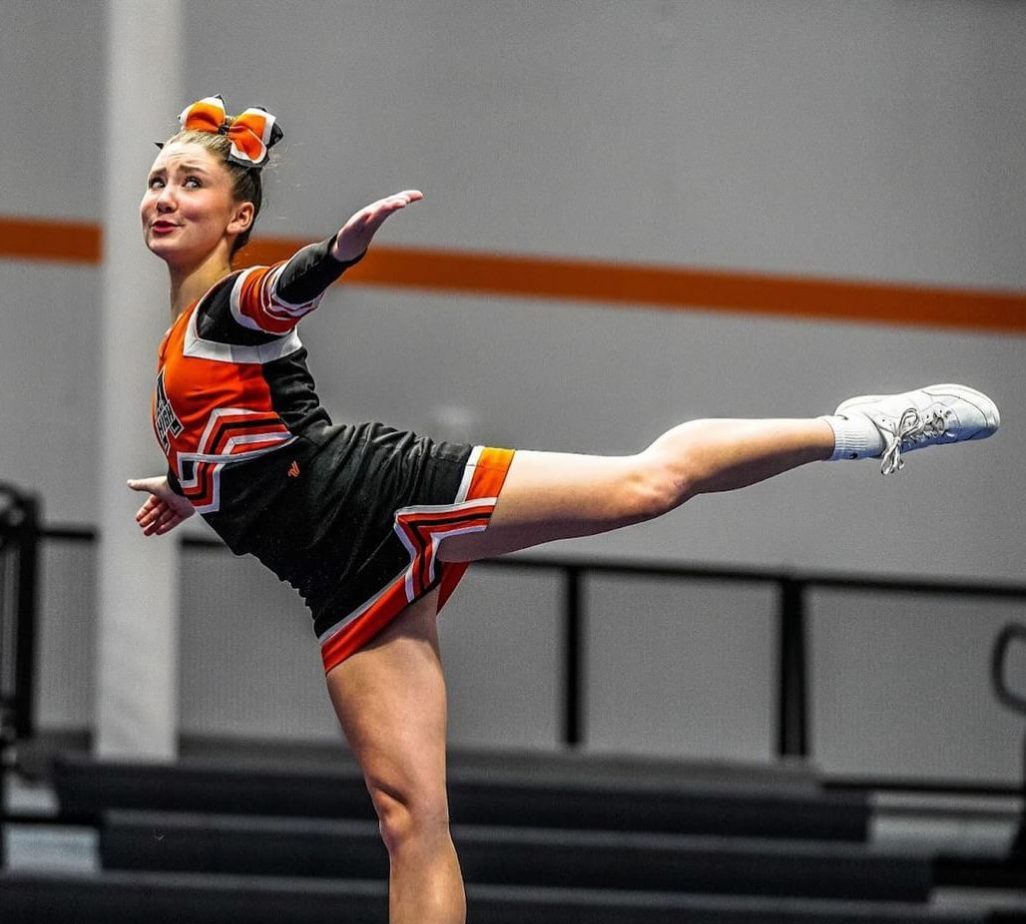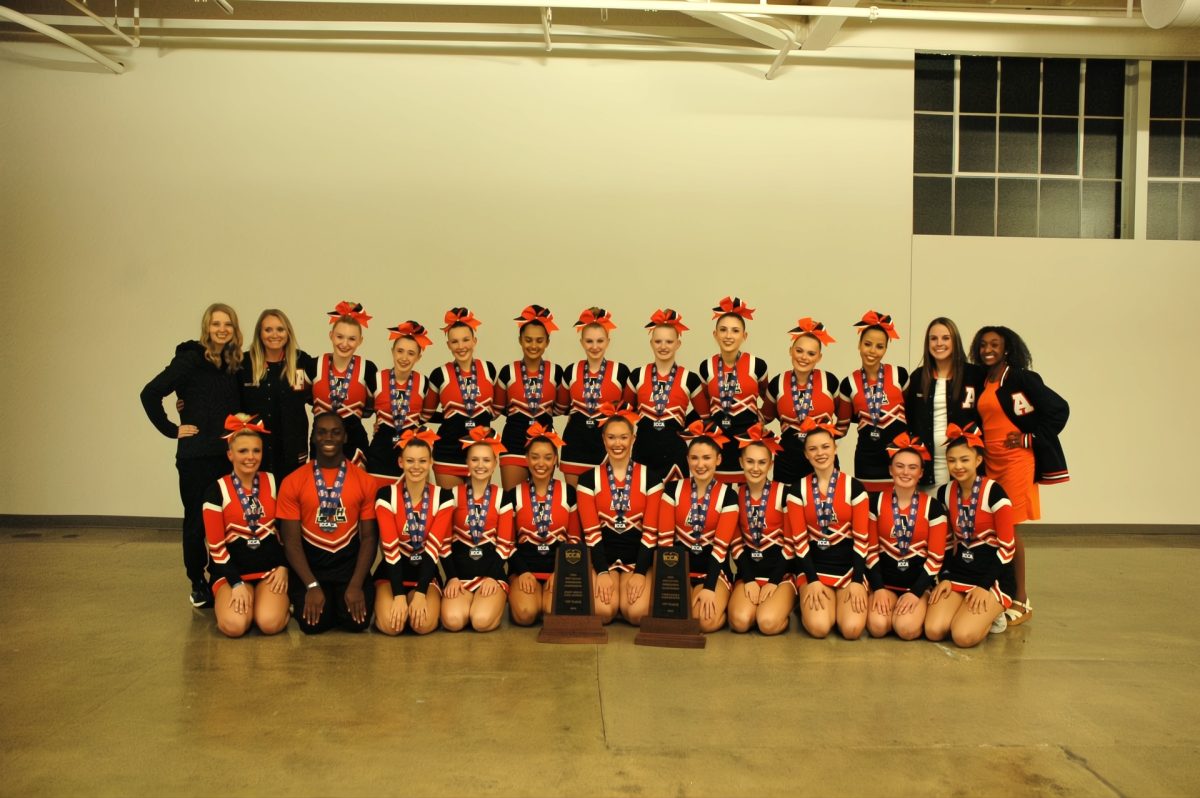Nobody can deny that money wields great power in American politics today. Since 1974, the candidate for the U.S, House of Representatives with the most money has won 93 percent of the time. In recent years, that number has gone up to 98 percent. This means that our elected officials owe favors to big contributors, which undermines our democracy. There is proof that money buys power everywhere in politics. One example is in Tom Foley, who raised between $100,000 and $200,000 for the Bush campaign in 2000. Foley was the chairman of T. B. Woods Corp., a company that makes âelectronic and mechanical power transmission equipment for industrial control.â Tom is now the director of Iraq Private Sector Development. How being the chair of a corporation that manufactures strange gadgets is a qualification for directing an important job related to Iraq remains to be seen, but itâs the money that counts. Another example can be seen in Carl Bucholz, a former lobbyist for Blank Rome (âone of Americaâs fastest-growing law firmsâ). Carl did in 2004 what Tom did in 2000: he raised a massive amount of money for the Bush campaign. The payoff was the office of âSpecial Assistant to the President, Homeland Security.â The sad thing is, Bucholz and Foley are only the beginning. Nine pages of donor names and their rewards are available at http://www.whitehouseforsale.org. The problem of money exists in Iowa, too. Itâs getting more and more expensive to run a campaign, and therefore harder and harder to get into politics. In 2002, it cost an average of $40,000 to win a seat in the Iowa Senate. In 2006, the cost averaged at $109,000. Chet Culver and Jim Nussle, 2006âs gubernatorial candidates, spent $18,000,000 on their campaignsâand that doesnât even include what Political Action Committees spent. By now, itâs obvious that we need a change. The WEB believes that change is the implementation of Voter-Owned (or Clean) Elections system. In a Clean Election, candidates can choose to run âclean,â taking no campaign contributions beyond what is required to prove themselves viable candidates, or they can choose to run with big money. Clean candidates have their campaigns paid for by the state, with a limited amount of money to spend. The way a candidate proves that he or she is viable is by collecting a certain number of signatures and $5 contributions. For an Iowa House seat, a candidate would need 100 signatures and $5 campaign contributions to qualify for the stateâs money. A candidate for the Iowa Senate would need twice as many signatures and contributions to prove him- or herself viable. The limits imposed by the state would be $30,000 for a campaign for the Iowa House, and $40,000 for a campaign for the Iowa Senate. Candidates for Governor would be limited to $3 million. The obvious argument against Clean Elections is that voters donât want the state paying for elections. The counter to this is that Clean Elections in Iowa could be fully funded (making the unrealistic assumption that 100 percent of candidates would run Clean) for a mere $10 million. This might sound like a lot, but it is actually only .01 percent of Iowaâs annual budget, which equates to $5 per voter per year. Another counter is that Clean Elections would pay for themselves. If candidates had to answer to voters rather than to special interest groups and business lobbyists, they could be free to close corporate tax loopholes that let businesses evade Iowaâs income taxes. Maine and Arizona are two states where Clean Elections have been law long enough to see an effect. In both states, more women and minorities are running for and winning offices. In Arizona in 2002, all 139 Clean candidates were financed for $12.8 million, about the same amount that Tom Vilsack and Doug Gross alone spent in 2002 on the gubernatorial race. Also, voter turnout has increased by about a quarter in both general elections and primaries. In Maine in 2002, a majority of candidates in the state House and Senate were elected using Clean Elections, and legislators using the system reported more face-to-face contact with constituents and more focus on issues because of Clean Elections. Iowa, too, can join the ranks of Maine and Arizona in giving politics back to the people. Right now, a Clean Elections bill is in subcommittee in the Iowa House. Go to www.voterownediowa.org for information in how you can help it to become law.
Categories:
Give the power back to the people with Clean Elections
Spencer Arritt
•
February 15, 2007
Story continues below advertisement
0
Donate to The WEB
$125
$450
Contributed
Our Goal
Your donation will support the student journalists of Ames High School, and Iowa needs student journalists. Your contribution will allow us to cover our annual website hosting costs.
More to Discover
About the Contributor

